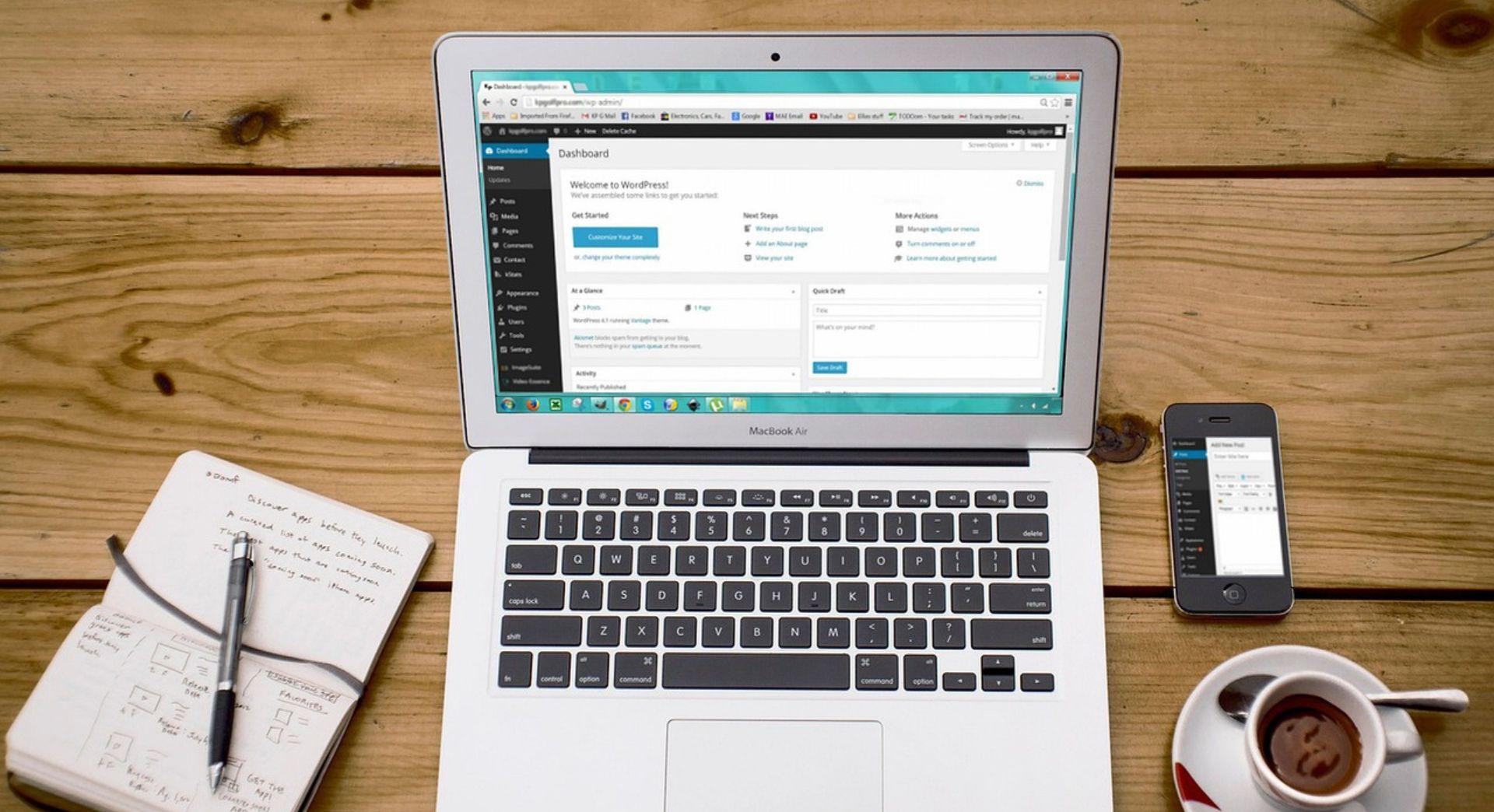Professionally branded customer touchpoints matter. Touchpoints include any interaction with your business — whether on the street, on the phone, in your shop or via email. Any overlooked detail, no matter how minor, can make you seem like an amateur. Thankfully, it’s more affordable than ever for small businesses to produce professionally designed business cards, store signs, websites, letterhead and other mandatory components of a successful brand. But is there an harm in using a free email for business?
3 downsides to using free email for business
When you’re starting out, prospective customers know nothing about you. Here’s how a free Google or Hotmail email account could give them the wrong impression.
-
The fly-by-night image.
-
Concerns over data use.
-
No control over your email.
Let’s talk more about why that free email account might not be the best choice for business.
The unfinished look is not a good look
Entrepreneurs first produce components such as business cards and a Google My Business listing when they start their businesses. But startup is a busy time, so details can fall through the cracks.

Photo: Redd Angelo on Unsplash
Here’s one detail that plagues far too many small businesses: Their marketing materials often contain “business” email addresses that end in:
- Telco domains (e.g. YourName@TelcoName.com)
- Free email service domains (e.g. YourName@gmail.com)
Free free email accounts are adequate for personal use. But when it comes to professional communication, these “free” accounts come with certain costs.
Granted, business owners might start operations before creating a branded website and email addresses, but these things are as essential as brick-and-mortar addresses and phone numbers!
1. The fly-by-night image
Seeing a free email address used as business contact information has a subtly jarring effect. Because in an email, the sender’s address acts as the company’s letterhead.
What do prospective customers think when messages from “free” email services land in their inboxes and the subject lines suggest business? Won’t recipients automatically think they’re spam?
An email address that matches your business brand tells customers that, among other things, the business owns its own name. This suggests that it’s a legitimate organization.
2. Concerns over data use
Then there’s the flip side of trustworthiness. Privacy concerns increasingly spark negative news headlines, and issues in those headlines enter the public consciousness.
Consider the 2018 Facebook/Cambridge Analytica fiasco. The uproar over how the two companies handled user data caused Facebook’s market capitalization to nosedive and Cambridge Analytica to declare bankruptcy.

Photo: rawpixel on Unsplash
These concerns go beyond user information on social networking sites. While a domain-based email address might not prove to clients that your company strives to protect customer data, a free email address implies a careless attitude towards electronic security.
Providers of free email services can and do use information in all emails they handle, from the contents to sender and recipient addresses to any other metadata.
What exactly does the service provider do with that data? The answer, while complicated, can be summed up in this truism: If you don’t pay for a product, you are the product (and, in this case, so are your customers).
3. No control over your email
In the early 2000s, a major Canadian ISP was rebranded by a huge Canadian telco. Soon after, the ISP’s customers found their free email addresses changed from the ISP’s brand to the telco’s brand. This event posed a minor problem for consumers who merely had to change settings on their computers.
Businesses that used the ISP’s free email faced greater problems.
They had to change the contact information on their websites, store signs, business vehicles and other places where they welcomed email correspondence. What they couldn’t change was the contents of business cards, brochures and other marketing materials they no longer had in their possession.
Admittedly, this was an unusual event. Still, the Canadian telco chose to emphasize its brand in the email addresses it provided its clients. Small business owners shouldn't allow anyone to control how their business appears to potential customers. Taking full ownership of how your brand is presented is critical, even with email.
At the end of the day, nobody needs a telco’s resources to acquire branded email accounts for a business. That’s great news for small business owners who want to stamp their brands on every customer touchpoint they can, including their email correspondence.
You get what you pay for
Paid email accounts such as those offered by GoDaddy solve these problems, giving you at-a-glance credibility, data usage peace of mind and complete control over your image. There are other benefits as well:
Better branding
When industry-specific domain extensions (that’s the part to the right of the dot) came on the scene, they revolutionized business branding.
Consider an example. The world’s most common domain extension is .com. It’s predictable and ubiquitous. But tax accountants might prefer the extension .tax for their websites and emails. Why? Compare these email addresses:
- JimSmithTax@gmail.com
- Service@JimSmithTax.com
- Info@JimSmith.tax
The last two are professionally branded, and the last one takes advantage of an industry-specific domain extension. As you can see, using a new extension can actually shorten your web address, since your industry appears after the dot rather than before. And when it comes to making a web address easy-to-remember, shorter is always better.
Many industries already have their own extensions, and more continue to be added. For example:
You can now choose an extension that riffs with your business name to help people know, or at least better guess at, what your company does. Plus, anybody who sees your email address can quickly find the website. And people are more likely to find your company in their contacts when they search for the brand or the profession.
Easy setup for all email addresses
Branded email addresses are easy to set up. Check out this one minute, 37-second video for doing so using Microsoft Office 365 from GoDaddy.
Branded email addresses can also simplify delegation of certain types of communications, like support requests (Support@YourBrand.com) and invoice enquiries (Billing@YourBrand.com). Keeping these functions tied to specific people means they could fall through the cracks if those people are away for any reason. Using addresses like these both simplifies delegation and tells customers your company is ready to handle their questions.
Ditch that free email
Ready to look like the pro you are? Get a domain-based email that has your business or brand right in it. It’s an easy way to take control of your professional image — even if you’re still in startup mode.






